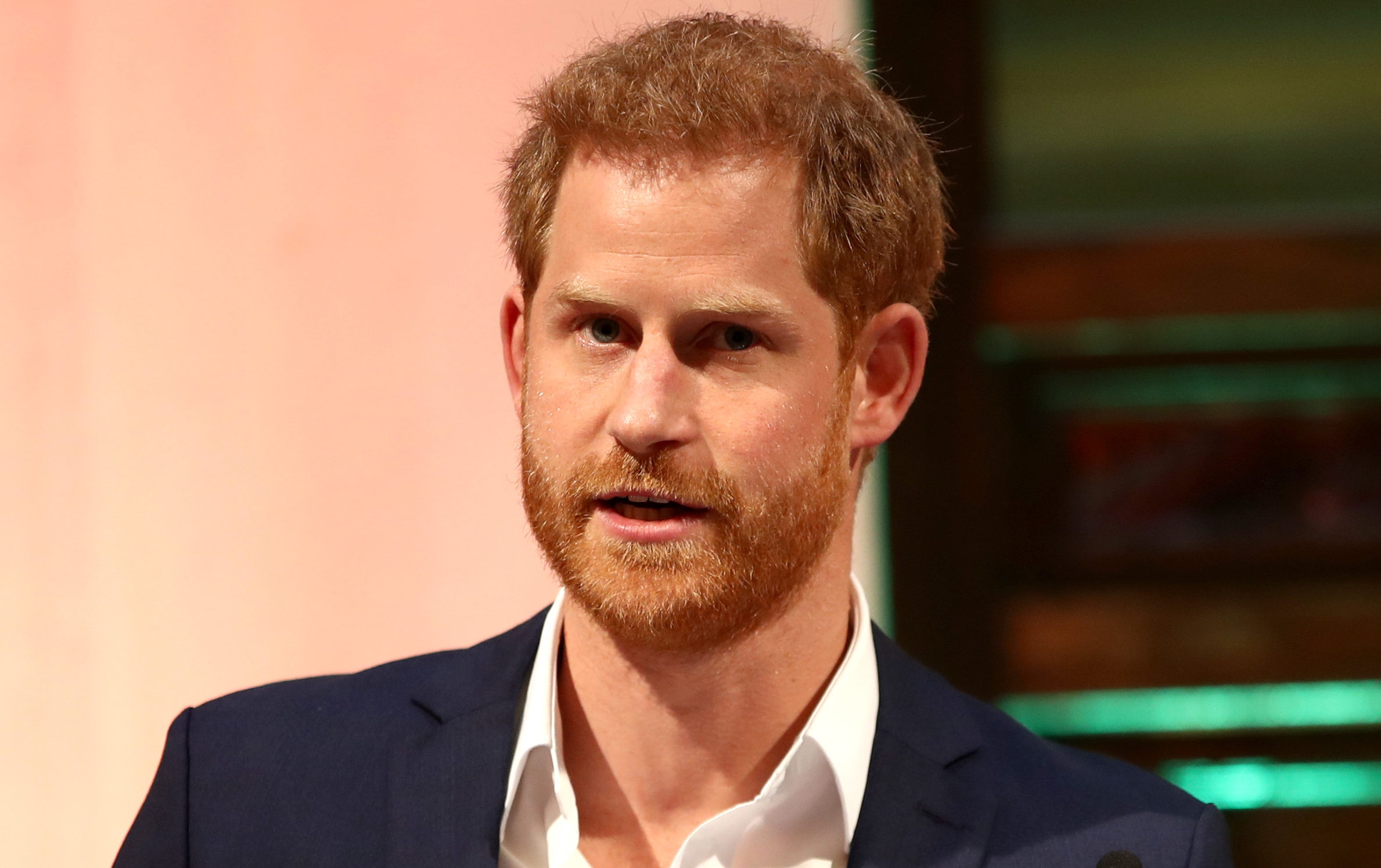
THE Duke of Sussex has called for HIV testing to be seen as “completely normal and accessible” in a new video marking this year’s National HIV Testing Week.
Harry said people should not be ashamed or embarrassed about taking a test, and instead should treat it in the same way as people protect against “viruses like cold and flu”.
In the video message, Harry said: “Taking an HIV test is something to be proud of – not something to be ashamed or embarrassed about.
“As much as you protect yourself at this time of year from illnesses and viruses like cold and flu, you can also protect your health by taking an HIV test.”
HIV and sexual health charity the Terrence Higgins Trust commended the Duke’s support in tackling HIV stigma and normalising testing, as it works towards its aim of getting to zero new HIV infections.
But the charity said there needs to be greater focus on tackling “worryingly high rates of undiagnosed and late-stage HIV”.
Around one in eight people living with HIV are undiagnosed and unaware they have the virus, while more than four in 10 (43%) of those newly diagnosed in 2017 were diagnosed at a late stage of HIV, meaning damage to the immune system had already begun.
Regular testing and early diagnosis are key, with late diagnosis associated with a 10-fold increased risk of short-term mortality.
The duke also said there is “something to celebrate”, with a 28% drop in new HIV diagnoses over the last two years.
But he also warned “this is no time for complacency”.
Harry, wearing a red ribbon in solidarity with all those living with HIV, called for testing to become “the norm” and said: “We won’t bring an end to the Human Immunodeficiency Virus until testing is seen as completely normal and accessible for everyone.”
Harry has long advocated for the importance of HIV testing both in the UK and around the world.
When he tested for HIV live on Facebook two years ago, there was a five-fold increase in orders for HIV tests from Terrence Higgins Trust.
Speaking in the video message, he added: “There is still too much stigma, which is stopping so many of us from getting a simple, quick and easy test.
“We won’t bring an end to the Human Immunodeficiency Virus until testing is seen as completely normal and accessible for everyone.
“Two years ago, I took a test and the whole process was actually really easy; the result came back within just a few minutes.’
“It’s simple – by getting tested you are helping stop the HIV epidemic in its tracks. You are helping to save lives.
“This is such a pivotal time in the fight against HIV if we can continue to make HIV testing the norm and empower young people to take control of their sexual health, we can be the generation to finally bring an end to HIV.
“By not getting tested it could kill you. By getting tested it could save your life.”
Ian Green, chief executive of Terrence Higgins Trust, said: “We’re thrilled to have the Duke’s continued support for tackling HIV stigma and normalising testing, ahead of what we hope will be the most successful National HIV Testing Week ever.
“As His Royal Highness says, we protect ourselves from cold and flu at this time of year – so let’s protect ourselves against HIV by getting tested and knowing our status. It’s an ambitious aim, but we have a real opportunity to get to zero new HIV infections in the UK.
“While we’ve seen impressive declines in new HIV diagnoses over the past two years, much more needs to be done to drive down rates of undiagnosed and late-stage HIV. That’s why National HIV Testing Week and His Royal Highness’s support are so important.”
Public Health England (PHE) chief executive, Duncan Selbie, said: “Testing and early diagnosis are critical to ensure that those with HIV can access effective treatments and go on to live a long and healthy life.
“HIV testing and treatment is free and available to all.
“You can take a test in your own home or at sexual health services, GPs, healthcare and community settings nationwide.
“In many cases the test involves a simple finger prick and results are ready within minutes.”

Enjoy the convenience of having The Sunday Post delivered as a digital ePaper straight to your smartphone, tablet or computer.
Subscribe for only £5.49 a month and enjoy all the benefits of the printed paper as a digital replica.
Subscribe